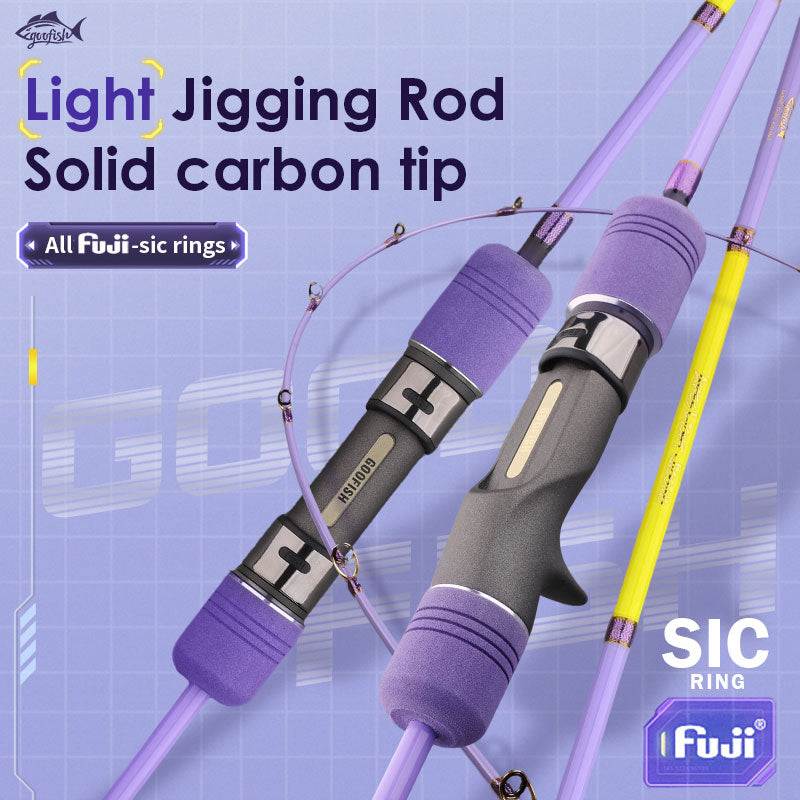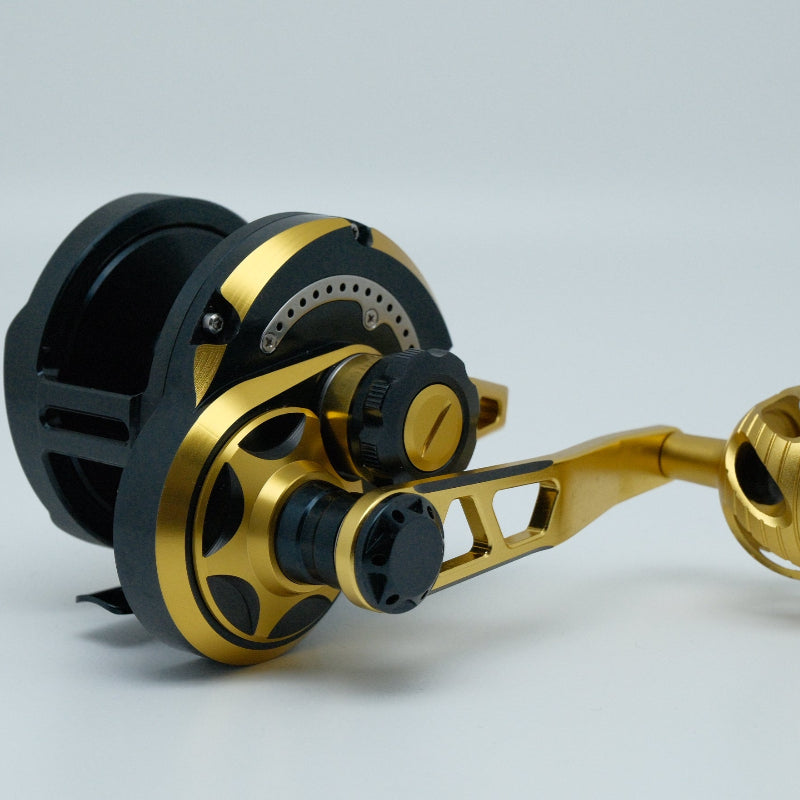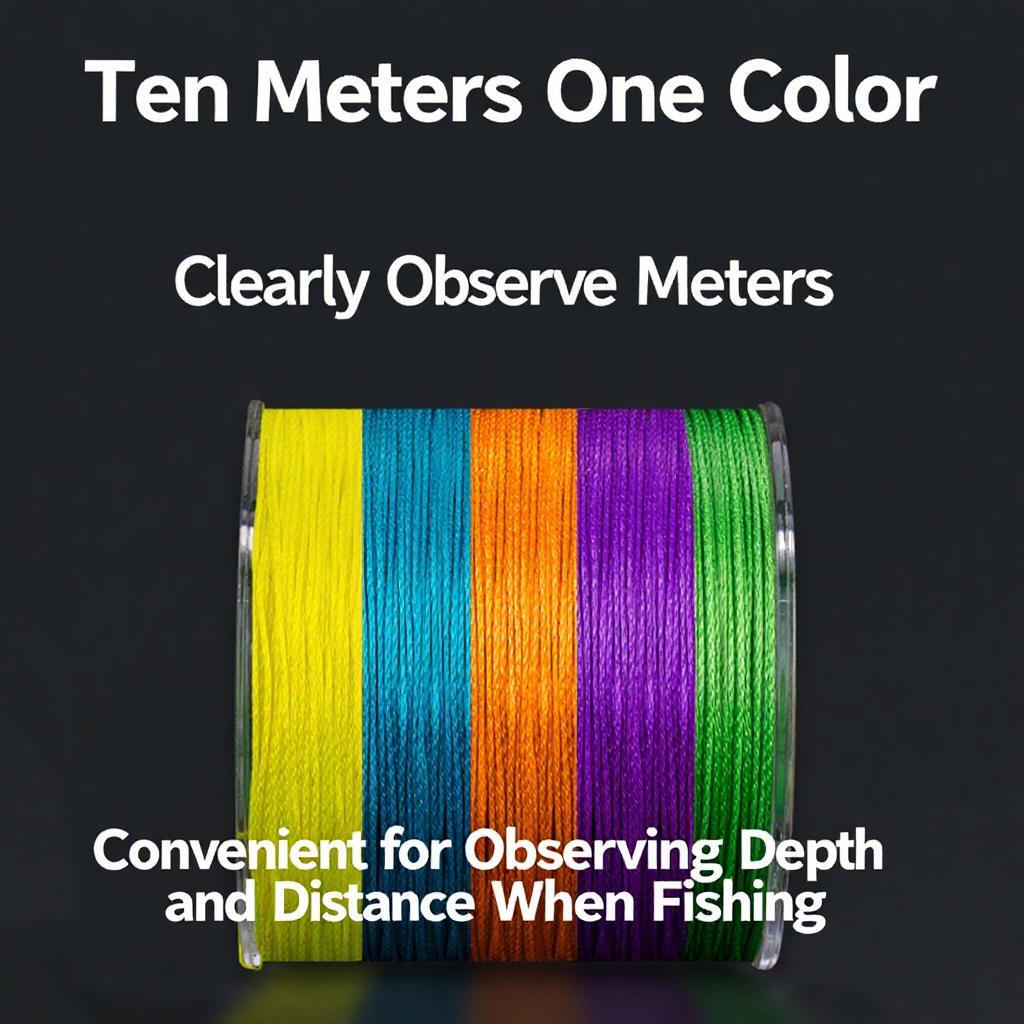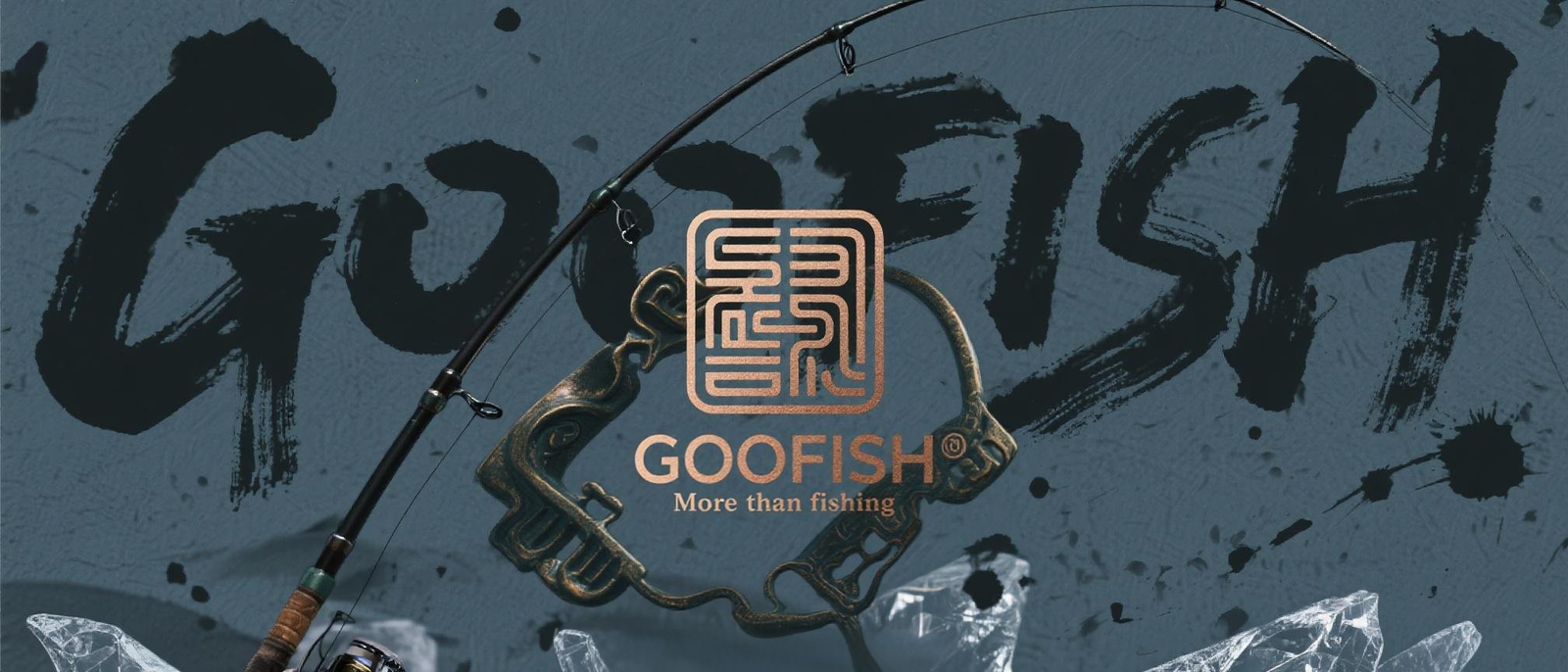Choose the Right Rod: How Retrieval Inches Per Turn/Crank (RIPTC) Powers Efficient Deep Drops
Ever spent hours deep-dropping only to waste time reeling in slack line? Or watched a big grouper slip away because your lure ascended too slow? For jigging reel anglers, the secret to mastering deep drops lies in one often-overlooked metric: Retrieval Inches Per Turn/Crank (RIPTC). Today, we’re breaking down how to choose the perfect rod to maximize RIPTC—and turn your deep-water sessions into catch-filled adventures.
⚡️ Why RIPTC Should Dictate Your Rod Choice
RIPTC isn’t just a number—it’s the bridge between your rod, reel, and the fish below. It tells you exactly how much line you’ll retrieve with each crank, directly impacting:
- Time efficiency: Shorter trips to the surface mean more time fishing, less time waiting.
- Lure action: Steady ascent rates keep soft plastics or metal jigs looking natural to wary predators.
- Fight control: Faster RIPTC helps land feisty fish before they dive into structure.
And here’s the kicker: not all rods are created equal when it comes to RIPTC. The right rod amplifies your reel’s performance, while the wrong one can sabotage even the best gear.
🎣 Key Rod Features That Impact RIPTC
To choose the best rod for deep drops, focus on these 3 critical specs that directly affect RIPTC:
-
Length:
Longer rods (7–8ft) excel at deep drops because they keep your line vertical, reducing slack. For example, a 7’6” deep drop rod paired with a high-RIPTC reel lets you reach 300ft+ depths with minimal line waste. -
Blank Material:
Solid nano carbon blanks (like those in the GOOFISH® MIGHTY DEEP series) are game-changers. Lightweight yet strong, they reduce arm fatigue during long retrieves and maintain RIPTC accuracy even with heavy lures (200–500g jigs). -
Guides & Reel Seat:
Smooth, corrosion-resistant guides (e.g., FUJI SIC) minimize line friction, preserving RIPTC. A secure reel seat (like GOOFISH®’s ergonomic design) ensures your reel stays locked in place, preventing shifts that throw off line retrieval.
🔧 How to Match a Rod to Your RIPTC Goals
Follow this step-by-step guide to pick the ideal rod for your deep-drop setup:
Step 1: Calculate Your Target RIPTC
- For heavy jigs (500g+): Aim for 35–40” per crank (faster retrieval to counteract weight).
- For light plastics (100–200g): Opt for 25–30” per crank (natural lure action).
Step 2: Choose Rod Length
- 7–8ft: Best for 100–300ft depths (balances reach and control).
- 8–9ft: Ideal for 300–500ft depths (maximizes vertical line retention).
Step 3: Prioritize Blank Material
- Solid nano carbon: Top pick for deep drops—lightweight, strong, and sensitive.
- Fiberglass blend: Budget-friendly alternative, but less sensitive for subtle bites.
Step 4: Test Guides & Reel Seat
- Look for FUJI SIC or ALCONITE guides (low friction = better RIPTC).
- Ensure the reel seat locks securely (no wobble = consistent line flow).
🌟 Top Rod Recommendations for Deep Drops
Based on RIPTC optimization, these rods stand out:
- GOOFISH® MIGHTY DEEP 7’6”: 7’6” length, solid nano blank, 7+1 FUJI SIC guides. Perfect for 200–500g jigs; RIPTC ranges 32–38” per crank (depending on reel gear ratio).
- Daiwa Saltist Tourney 8ft: Heavy-duty design, 8ft length, X4 graphite blank. Ideal for 500g+ jigs; RIPTC up to 42” per crank.
- Shimano Trevala SWJ80MH: Versatile 8ft rod, moderate-fast action, ALCONITE guides. Great for light plastics and heavy jigs; RIPTC 28–36” per crank.
💡 Pro Tip: Test Before You Buy
Always test a rod’s RIPTC with your actual reel and lure. Cast a weighted lure (matching your target depth) and count how many cranks it takes to retrieve 10ft of line. This hands-on test reveals how the rod feels in real conditions—something specs alone can’t capture.
🌊 Final Cast: Your Rod, Your RIPTC, Your Catch
Choosing the right rod for deep drops isn’t just about specs—it’s about aligning your gear with your goals. A well-matched rod amplifies your RIPTC, turning frustrating slack line into thrilling strikes.
Ready to upgrade your deep-drop setup? Share your favorite rod (and its RIPTC!) below, and tag a fellow angler who needs this guide. Tight lines, and may your retrieves be fast and your catches bigger 🎣✨











Leave a comment